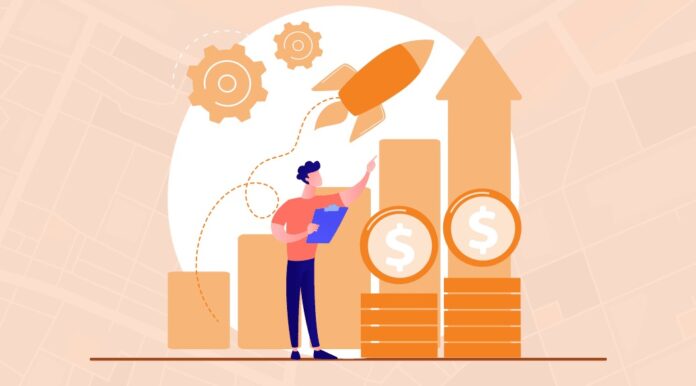Artificial intelligence (AI) is swiftly becoming a powerful force in the world of science and technology. This isn’t just about machines getting smarter; it’s about how they’re helping us make leaps in understanding and innovation that were once thought impossible. AI is not just a buzzword; it’s a tool that’s reshaping how we approach complex problems and opening doors to new discoveries.
At the forefront of AI’s evolution are thinkers like Jurgen Schmidhuber, who has been instrumental in developing the concepts that drive AI today. Alongside him, Demis Hassabis of DeepMind is pushing the boundaries of what AI can achieve. Their work is setting the stage for a future where AI is integral to scientific progress.
One of the most impressive areas where AI is making a mark is in the discovery of new materials. Using deep learning, AI systems have identified millions of potential new materials. This isn’t just theoretical; it’s happening right now. Neural networks, which mimic the brain’s structure, can generate images and unravel complex 3D structures from 2D data, a task that would be incredibly challenging for humans.
Take AlphaFold, for example. Developed by Google DeepMind, this AI has made waves by predicting protein structures with remarkable accuracy. Understanding these structures is essential for biological research and developing new medicines. AlphaFold’s success is a testament to the power of AI in accelerating scientific understanding and potentially leading to medical breakthroughs.
AI discovers new materials
Here are some other articles you may find of interest on the subject of artificial intelligence and its development :
But AI’s role isn’t limited to just finding new things; it’s also about creation. AI-driven robots can now autonomously synthesize and test new materials, speeding up the process of discovery. This means that AI isn’t just an analytical tool; it’s also a creator, capable of innovation.
The impact of AI is further amplified by its ability to learn and improve on its own. This self-improvement could dramatically increase the pace of discovery, turning what might have taken centuries into a matter of decades. Imagine the possibilities when AI can evolve and enhance its capabilities without human intervention.
Thanks to AI, researchers now have access to vast databases filled with information on these new materials. This democratization of data is crucial, as it allows scientists from all over the world to collaborate and build on each other’s work, fostering further innovation.
The potential of AI extends across various fields, including genetics, where it could help us understand and possibly cure diseases that have plagued humanity for ages. The contributions of AI pioneers like Schmidhuber and Hassabis are monumental, redefining what we consider possible.
AI is changing the landscape of scientific discovery and development. It’s not just altering the rules; it’s transforming the entire field. From revealing protein structures to creating new materials, from making coding more accessible to speeding up the pace of scientific advancement, the influence of AI is clear. As we continue to explore the capabilities of AI, one thing is certain: the future of scientific discovery is bright, with AI leading the way.
Filed Under: Gadgets News
Latest aboutworldnews Deals
Disclosure: Some of our articles include affiliate links. If you buy something through one of these links, aboutworldnews may earn an affiliate commission. Learn about our Disclosure Policy.







